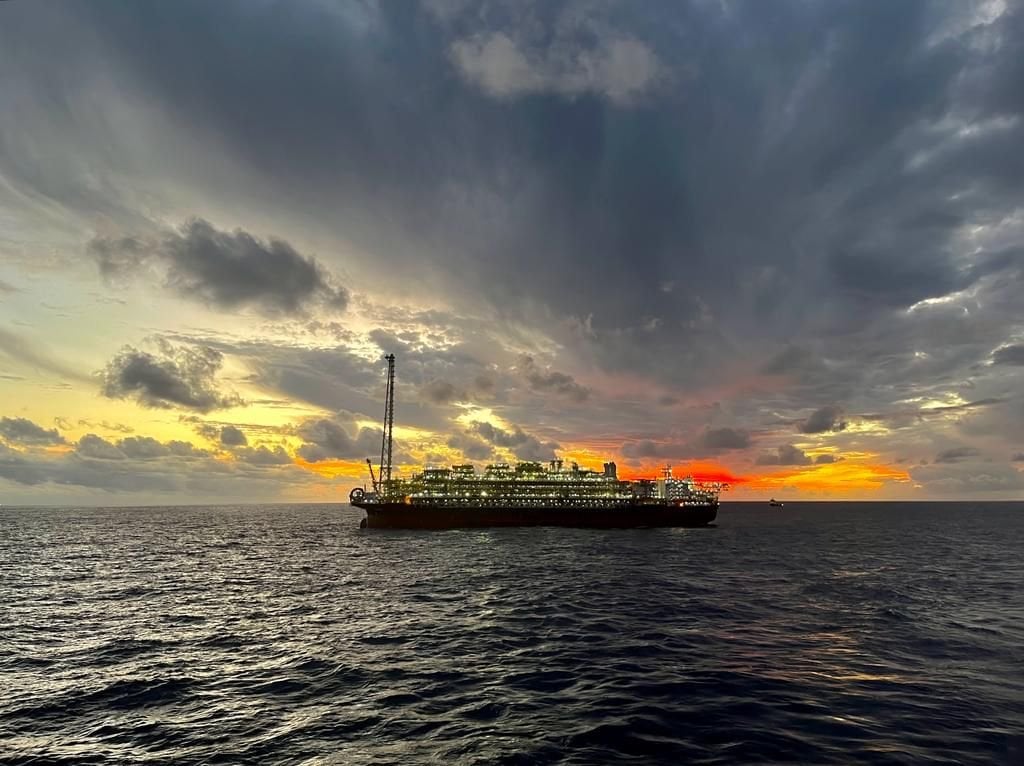
Petrobras puts Halliburton on completion duty at Santos Basin fields
Brazil’s state-owned energy giant Petrobras has awarded multiple contracts to U.S.-headquartered oilfield services player Halliburton to provide completion and stimulation services across its deepwater fields offshore Brazil. Under the contracts, which are expected to start in 2026, Halliburton is set to provide vessel stimulation, intelligent completions, and safety valves in Brazil’s pre-salt fields operated by Petrobras. “Halliburton’s engineered stimulation solutions strengthen the collaboration with Petrobras. These awards demonstrate our longstanding relationship in Brazil and support our global strategy to improve asset value and safety through our completions services,” said Shawn Stasiuk, Senior Vice President, Halliburton Completion and Production division. As explained by Halliburton, its SmartWell intelligent completion technology will be used in the Búzios field to enable real-time reservoir management and actionable insights to optimize production. Additionally, the safety and efficiency of operations at the Sépia and Atapu fields will be improved with the EcoStar electric tubing retrievable safety valves (eTRSV). Furthermore, Halliburton’s Stim Star Brasil, tailored for Petrobras activity, will deliver stimulation services that focus on reservoir productivity and improve asset performance. The Búzios field, situated about 180 kilometers off the coast of Rio de Janeiro, is considered the world’s largest deepwater field. It reached a record of 800 thousand barrels of oil produced daily in late February. The milestone followed the arrival of the sixth floating production, storage, and offloading unit (FPSO) at the field, Almirante Tamandaré, earlier that month. The vessel joined five other platforms: P-74, P-75, P-76, P-77, and Almirante Barroso. The sailaway ceremony for what will be the field’s seventh FPSO was held in late June. The Atapu field has been producing since 2020 through the FPSO P-70, with a production capacity of 150,000 barrels of oil per day (bopd). The second development phase, Atapu-2, will entail a new-built FPSO of 225,000 bopd capacity. The Sépia field has been producing since 2021 through the FPSO Carioca, with a production capacity of 180,000 bopd. Its second development phase, Sépia-2, will also see the addition of a new-built FPSO of 225,000 bopd capacity.